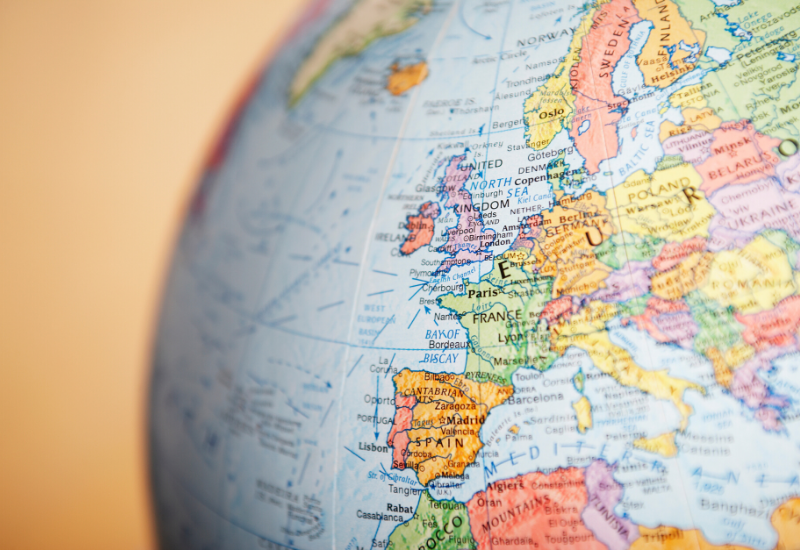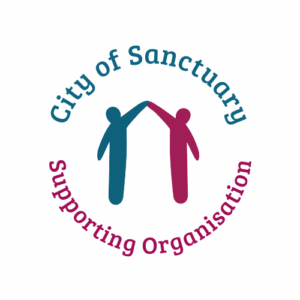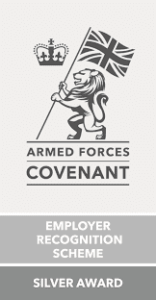Are you curious about how the world works, the relationship between humans and the environment, and the complex systems that shape our planet? Unlike GCSE, the A Level Geography course at Central Saint Michael’s focuses on the interactions between the human and physical worlds, through topics such as Hazards, Globalisation, and the Water and Carbon Cycles.
Although a GCSE in Geography can be helpful, it is not a requirement. What is important is that you have a passion for the subject. A Level Geography provides an excellent foundation for university study in Geography or related fields, such as Environmental Science, Urban Planning, Sustainability, and Geographical Information Systems (GIS). It also supports careers in sectors such as urban development, environmental consulting, disaster management, and public policy. The nature of geography means that it is a good A Level choice because it encompasses so many subjects within it.
This is a challenging and rewarding subject that encourages critical thinking, analytical skills, and problem-solving. You will be expected to engage with complex global issues and evaluate the implications of human actions on the planet’s future. The course promotes both independent study and collaborative learning, allowing students to develop the skills necessary to succeed in higher education and beyond. You will also have access to fieldwork equipment including GPS devices, soil testing kits, and river flow meters for practical outdoor investigations.
Content Overview
Year 1
Paper 1 – Physical Geography: Explore natural physical systems and how they interact with human activity.
Topics include:
- Hazards: Understand the causes, impacts, and management of earthquakes, volcanoes and tsunamis
– Study tectonic hazards such as earthquakes, volcanoes, tropical storms and wildfires
– Explore how different countries prepare for, respond to, and recover from natural disasters - Water and Carbon Cycles: Develop an understanding of two of the main cycles that drive life and the changes on Earth
– Investigate carbon and water processes between different stores, and the impact of human activity on these cycles
– Understand systems theory and how it interacts with these cycles
Paper 2 – Human Geography: Focus on how human activities shape the world and respond to physical and social challenges.
Topics include:
- Changing Places: Investigate how people perceive and experience places, and how places change over time
– Analyse how people experience and shape the places they live in
– Compare the characteristics of contrasting local and distant places and the processes driving change - Fieldwork and Data Interpretation Skills are examined on this paper
Year 2
Paper 1 – Physical Geography:
Includes Year 1 topics and introduces:
- Coastal Systems and Landscapes: Building on knowledge of coasts and how humans interact with them
– Investigate coastal processes, landforms, and the impact of human activity
– Understand systems theory and the dynamic nature of coastlines
Paper 2 – Human Geography and Fieldwork:
Includes Changing Places from Year 1 and introduces:
- Global Systems and Global Governance: an in-depth study of how the world has changed, followed by the implications of global governance in environments such as Antarctica
– Investigate how global systems and global governance affect the world, and how human and physical processes can impact on these - Contemporary Urban Environments: a study of how the development of urban settlements has created issues, and how these issues affect people and the environment
– Examine urban growth and challenges such as waste management, housing, and sustainability
– Explore urban climate and design strategies for more liveable cities
NEA (Non-Exam Assessment): A 3,000–4,000-word independent investigation based on fieldwork – a chance for you to explore a topic of personal interest in depth















